Mumbai: The Reserve Bank of India Innovation Hub (RBIH) has initiated a pilot project to offer unsecured loans to gig workers by onboarding digital lender Vivifi Finance for the purpose. The project aims to establish a digital platform to extend credit to drivers of cab-hailing apps like Ola and Uber, food delivery personnel employed by Swiggy and Zomato, and other gig economy workers.
How does the Project Work?
The pilot leverages alternative data to assess creditworthiness and integrate gig workers into formal banking channels. According to sources familiar with the project, the pilot involves Vivifi Finance and three other gig platforms, using economic and behavioral data from gig platforms alongside data from banks and credit bureaus to underwrite loans for these workers.
Once successful, the pilot is expected to be linked to the Unified Lending Interface (ULI) platform, an innovative digital public infrastructure for lending. The ULI platform, which began as a pilot phase on August 17, 2023, has already facilitated over 600,000 loans amounting to ₹27,000 crore as of December 6, 2024.
By focusing on gig workers through this pilot, RBIH aims to enhance financial inclusion for a rapidly growing segment of the workforce, potentially transforming the lending landscape for temporary and freelance workers in India.
Milestones Achieved by the ULI Platform
The ULI platform was initially launched by RBIH as the Public Tech Platform for Frictionless Credit, designed to provide end-to-end digital solutions for agricultural loans. It was later renamed and expanded to unlock critical financial, non-financial, and alternate data for lenders, enabling informed credit decisions.
As of now, 36 lenders, including banks and NBFCs, have been onboarded to the ULI platform. These institutions utilize over 50 data services, such as authentication, land records from six states, satellite services, property search, dairy insights, and document verification, to obtain comprehensive customer information. The platform has disbursed loans worth ₹14,500 crore to 160,000 beneficiaries in the MSME sector alone.





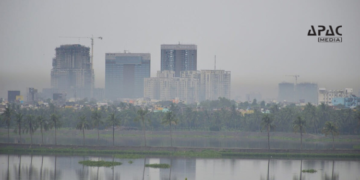




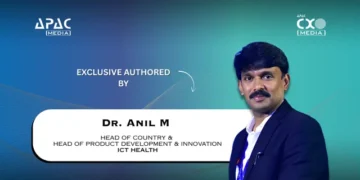

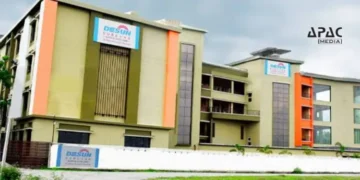
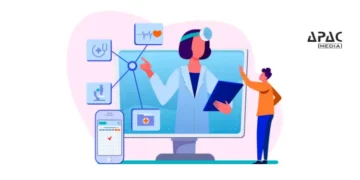





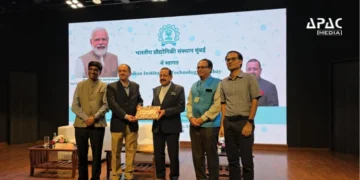

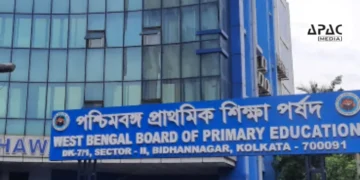
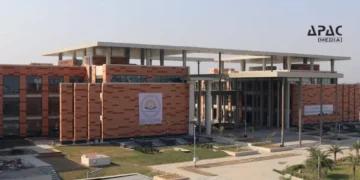










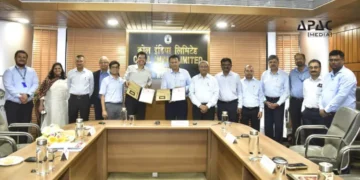
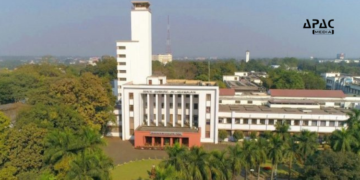

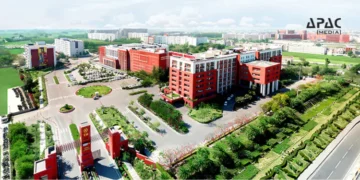

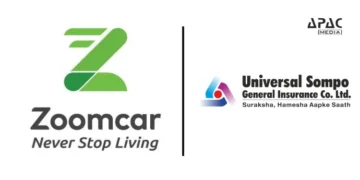



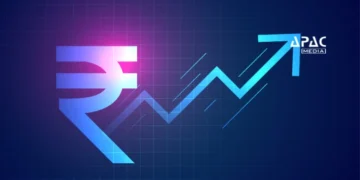


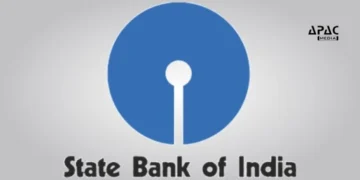

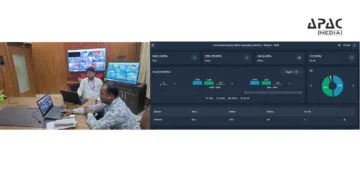
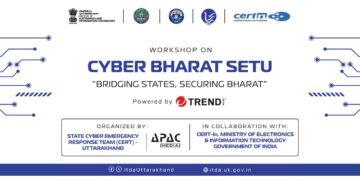

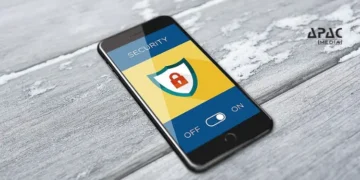

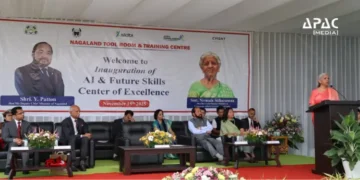







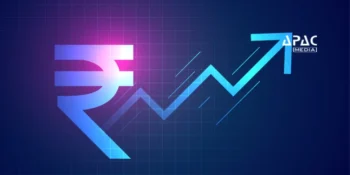







Discussion about this post